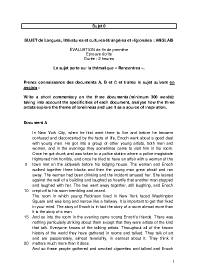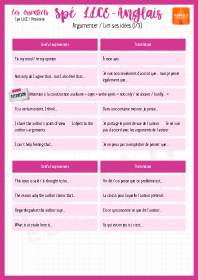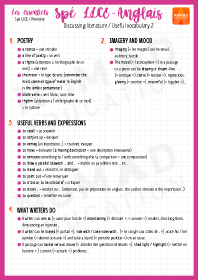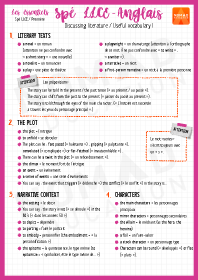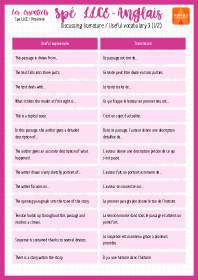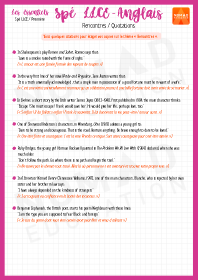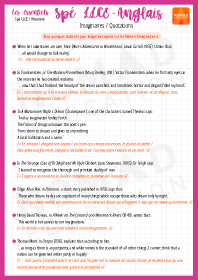To Kill a Mockingbird by Harper Lee was published in 1960 and won the prestigious Pulitzer Prize in 1961. It is considered to be a classic of modern American literature and has been translated into over 40 languages. It was also adapted into a film in 1962.
The novel is set in a small town in Alabama in the 1930s during the Great Depression and the Jim Crow era. Jim Crow laws legalised racial segregation in the south of the United States, meaning that African Americans did not have the same rights as white people.
The story is told by a young girl nicknamed Scout, who looks back on her childhood and a series of events, some of which were quite traumatic. She lives with her widowed father Atticus Finch and her brother Jem, who is four years older than her. Atticus Finch is a lawyer with high moral standards and a profound sense of justice, which he tries to instil in his children. As his wife is dead, Atticus raises his children on his own with the help of a black housekeeper named Calpurnia.
When a black man, Tom Robinson, is falsely accused of raping a white woman, Atticus Finch decides to defend him, even though most people around him disapprove. When his daughter asks him why people call him "a nigger lover", he replies "I certainly am. I do my best to love everybody… I’m hard put, sometimes—baby, it’s never an insult to be called what somebody thinks is a bad name." Despite all the evidence showing that Tom is innocent, the jury decides on a guilty verdict.
Scout, Jem and a friend of theirs, Dill, become obsessed with one of their neighbours, Boo Radley, who never leaves his house. The three children make up stories about him and dream of making him "come out". Jem and Scout also get into trouble with one of their neighbours, Mrs Dubose. Atticus will punish Jem for being nasty to Mrs Dubose, even though she is "the meanest old woman who ever lived". Regardless of what she is like, she deserves the children's respect.
The novel is divided into two parts : part one introduces the different characters and the setting and ends with Tom Robinson's trial. Part two shows the aftermath of the trial and how it has affected everyone, mainly what impact it has on the children. The story takes place over three years, during which the main character and narrator Scout and her brother learn some valuable lessons. The epigraph to the novel is "Lawyers, I suppose, were children once." (Charles Lamb) so the reader is given to understand that these children are learning about right and wrong, justice and injustice, crime and punishment. When Jem asks his father why the jury, despite all the evidence in Tom's favour, found him guilty, Atticus replies "I don’t know, but they did it. They’ve done it before and they did it tonight and they’ll do it again and when they do it—seems that only children weep." This is a coming of age story about loss of innocence and the end of childhood. It is also, of course a novel about the impact of racism on a whole community and how ignorance is often the source of evil. Atticus describes his racist neighbours as "ignorant, trashy people", implying to his children that if you are educated like him you think for yourself and reject prejudice.

